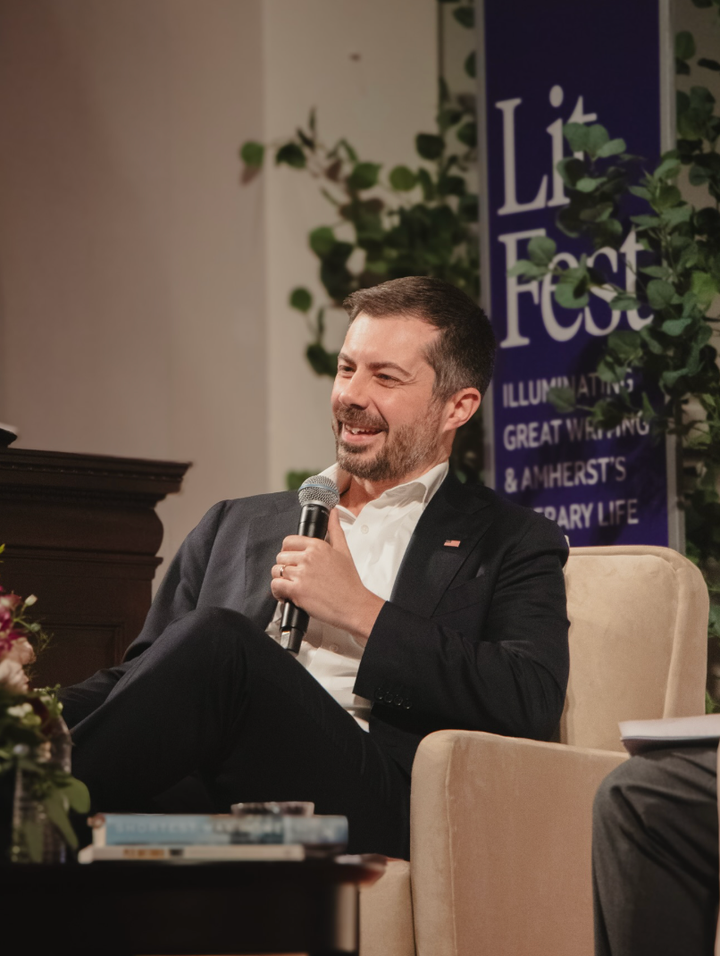Exploring Karl Knausgaard: Simple, Honest and Powerful Narration
This summer I had the pleasure of discovering the author Karl Ove Knausgaard, a 48-year-old Norwegian who made enormous waves in the literary world for his inimitable six-volume, 3,600-page autobiographical novel titled “My Struggle.” The novel documents Knausgaard’s entire life, from the smallest details of making coffee in the morning, to the overwhelming difficulties of dealing with his father’s death. For fans of Knausgaard who are probably finishing up the series by now, this is old news. The first book of the series was published in 2009 in Norwegian and was translated into English and published in the U.S. in 2012. It was a huge success almost immediately, and I recently read a statistic that one of Knausgaard’s books has sold for every nine adults in Norway. The fifth volume of the series just came to the U.S. this past April, the sixth has not yet arrived. Surprisingly, after reading so much about his life already in the first volume, I am eager for more.
Book one of “My Struggle” focuses on Knausgaard’s youth. However, Knausgaard’s narration consistently shifts through time and we, as readers, are often brought back to the “present” — Knausgaard’s current life as he writes the novel. I especially enjoyed reading and connecting to his deeply honest, thorough tales about trying too hard to be alternative in high school, hiding alcohol from his parents, falling in love for the first time and getting his expectations crushed one New Year’s Eve. He dependably, and pleasantly, surprised me with his blunt stories about the emotional embarrassments that come with growing up. The rest of the volume focuses on his later life as a young professional immediately after his father’s death. This portion of the novel is structured around Knausgaard’s mental efforts to come to terms with the problematic relationship he had with his alcoholic, unsympathetic father and the many emotions that emerged in the wake of his father’s death.
When I first heard about the series, I assumed Knausgaard had to be unusually self-absorbed to think that people would want to read 3,600 pages detailing his life. The concept of the novel seemed ridiculous, and I assumed that after one volume, I would be sick of him. However, this was not the case. While an argument can surely be made for Knausgaard’s obsession with himself, he is so astonishingly honest, upfront and sincere throughout the novel that his self-absorption becomes basically irrelevant when reading.
Knausgaard is never trying to impress anyone with the details of his life — rather, he seems to use writing as a way to better reflect on his experiences and figure out what’s going on around and inside of him. As a reader relating to Knausgaard’s mental anguish and sensitivity as he feels bad for not feeling bad enough about his dad’s death, or cries for some indescribable reason after seeing a painting of a beautiful landscape, I am forced into my own self-reflection. He writes about the struggle to understand and grapple with mysterious emotions and he does so skillfully and intelligently. Thus, the minute details of his life become quite engaging, and I am not bored when he spends five pages on his observations of the street outside his window. I am actually riveted because he expertly endows immense, seemingly justifiable, weight to the conventionally trivial aspects of our lives. I feel like I am right there with him as he fails to start a band as a teenager and as he regrets not saying something nicer to his wife. He embraces all of his experiences, even the most shameful, embarrassing and seemingly insignificant moments. While reading, I start to think that something important is happening as he makes his coffee, and maybe something is.
I have come to believe that bestowing supposedly trivial moments with meaning and significance comes naturally. Because our own experiences are all we have to go off as we navigate the complexities of life, remembering and reflecting on all of them feels quite important. I have often felt the strange need to remember the random moments in which I felt particularly happy or enlightened, or the picturesque view outside my window. Knausgaard’s close attention to his thoughts and experiences underlines the notion that life must matter and, perhaps, should be documented. Reading Knausgaard inspires me to live for the moment — even if it is not conventionally exciting — and to think deeply, knowing that any instant can have significance. The fact that it took him six long volumes to write about his life speaks for itself: There is so much content in our lives, and it is indescribably hard to truly know ourselves and other people. After one volume, I feel like there is so much more I want to know about Knausgaard. Even though reading 3,600 autobiographical pages feels daunting, I remain enthusiastically up to the task.





Comments ()